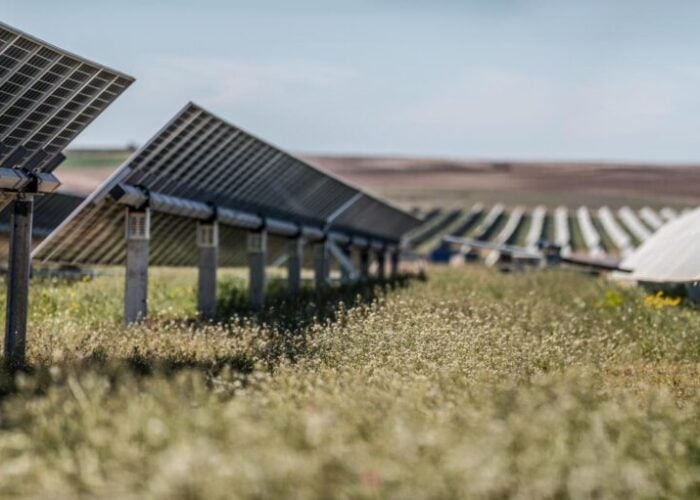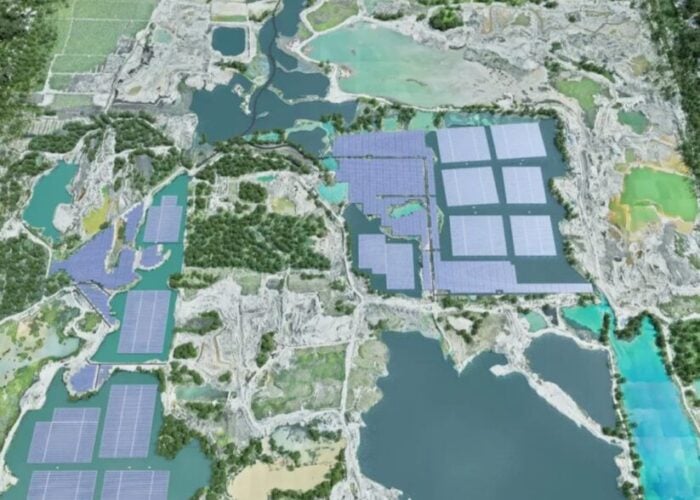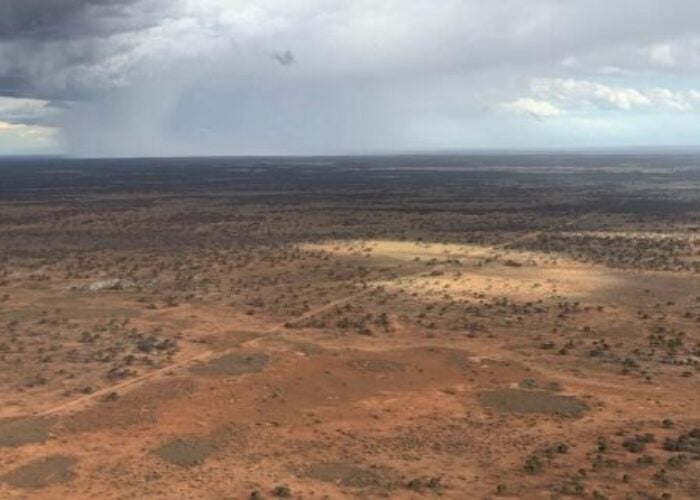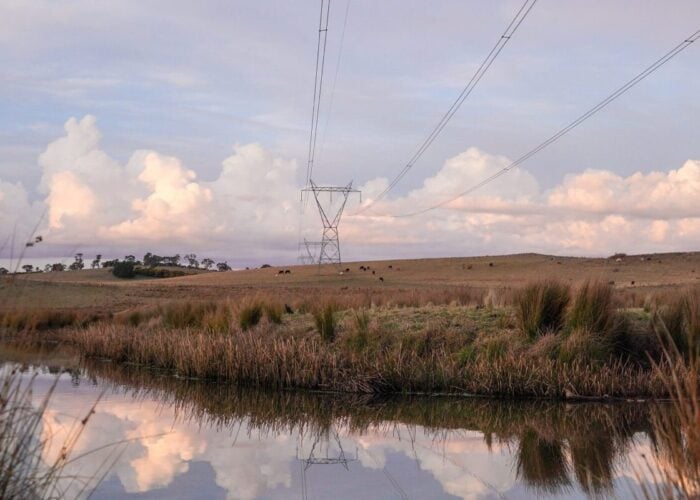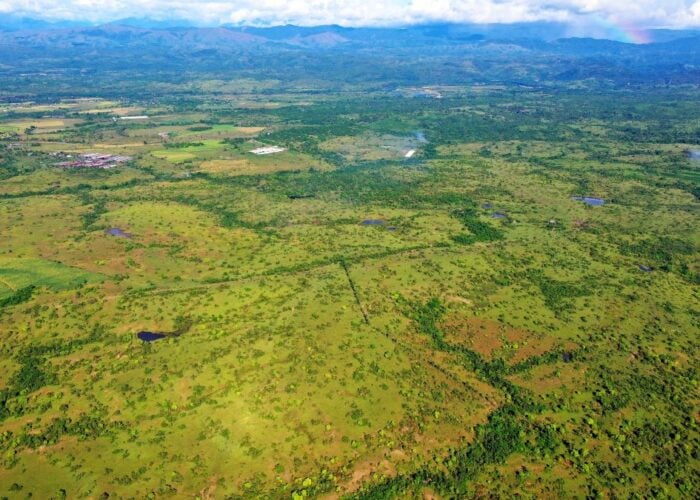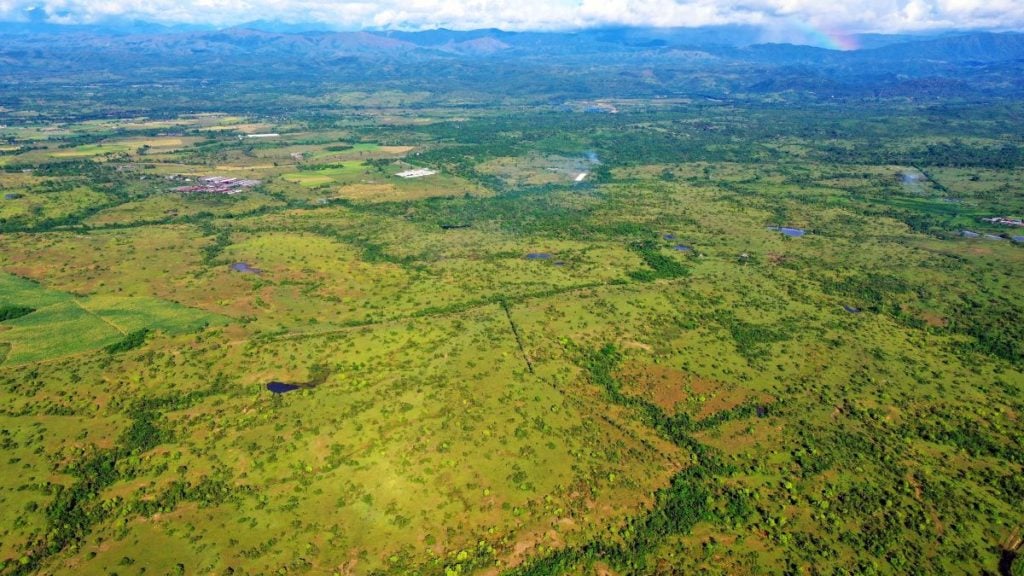
Investment in renewables in Southeast Asian countries could reach US$119 billion by 2027 driven by wind, solar and geothermal projects, according to energy research firm Rystad Energy.
In the shorter term, investments in renewables are set to exceed US$76 billion from 2023 to 2025. The company said energy transition in Southeast Asia was propelled by different countries in the region, including Vietnam, the Philippines and Indonesia.
Try Premium for just $1
- Full premium access for the first month at only $1
- Converts to an annual rate after 30 days unless cancelled
- Cancel anytime during the trial period
Premium Benefits
- Expert industry analysis and interviews
- Digital access to PV Tech Power journal
- Exclusive event discounts
Or get the full Premium subscription right away
Or continue reading this article for free
In May, the Vietnamese government approved a plan to develop renewable energy sources for electricity production, including building rooftop solar for residential and commercial premises.
Vietnam is also reducing reliance on fossil fuels by expanding both onshore and offshore wind capacity.
The Philippines also set the target of boosting the share of renewable energy in its generation mix, achieving a 35% reliance on renewables by 2030 and pushing further to reach 50% by 2050. Recently, the Philippines Department of Energy (DOE) awarded 1.96GW of solar PV projects in its most recent Green Energy Auction Round (GEA2).
Indonesia is also offering fiscal incentives to attract investments across low-carbon sectors including solar and wind, hoping to reach its target of net zero emissions by 2060.
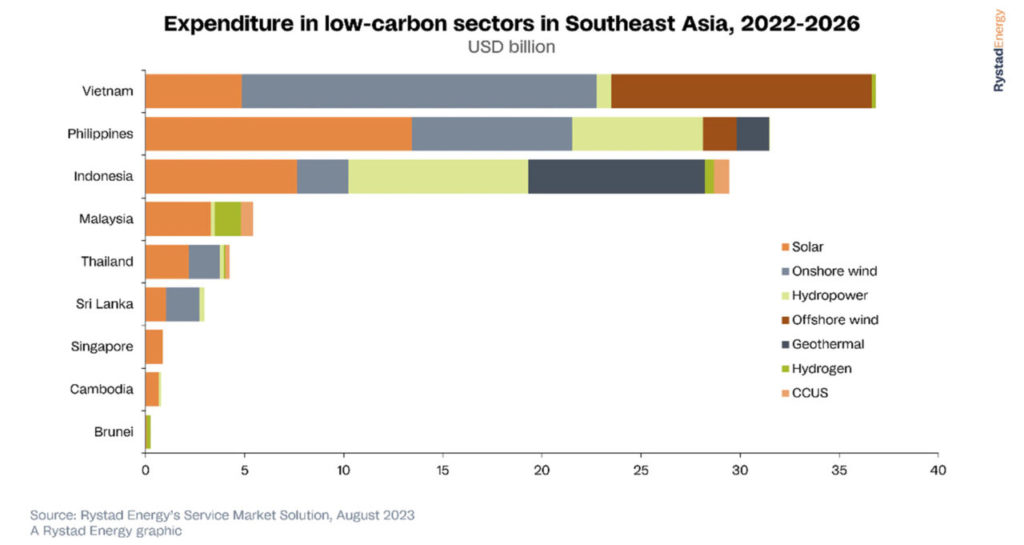
Rystad Energy also said independent power producers (IPPs) lead green growth in Southeast Asia. For example, Filipino solar company Solar Philippines will be Southeast Asia’s second largest renewables operator in low carbon expenditure. PV Tech reported that Solar Philippines had planned to start constructing a 3.5GW solar farm in the Philippines later this year. The entire project – including the 500MW portion already under construction – comprises over 3,500 hectares of land acquired or being acquired.
“Southeast Asia has historically seen slower progress in the development of clean energy projects,” said Afiqah Mohd Ali, senior supply chain analyst of Rystad Energy.
“Effective collaboration between private and public sectors becomes crucial to ensure the region’s sustainable long-term growth. This strategic approach will be pivotal in driving Southeast Asia’s transition forward to sustainable energy.”

